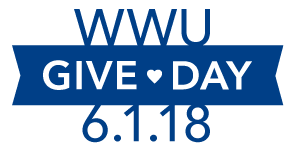$20,000 in Matching Funds Available
Drs. Karen and Joe Morse will double the first $20,000 in gifts to the Morse Endowment for Student Research Experiences in Chemistry. Help us meet this generous challenge and provide transformational research experiences for Chemistry students.
Your gift will:
-
Provide the competitive edge Chemistry students need for graduate school and for careers at places like Seattle Genetics, Fred Hutchinson Cancer Research Center, etc.
-
Provide stipends for students who could not otherwise afford to do summer research because they are working their way through school. This is especially important as we work to ensure that low-income or first-generation college students have the same opportunities as students from more affluent backgrounds.
-
Create opportunities for students to create their own identity as researchers and fall more deeply in love with science through applied learning.
-
Undergraduate research opportunities are essential to building the community and culture of excellence that WWU Chemistry is proudly known for.
About
The Chemistry Department at Western offers courses for students who plan to major in Chemistry, Biochemistry and other physical, engineering and life sciences programs. The department offers M.S., B.S., and B.A. degrees in chemistry and biochemistry, approved by the American Chemical Society. Programs of study are designed to emphasize the fundamental principles of chemistry and their application to technological, societal, and industrial problems, to develop scientific reasoning, advanced hands-on laboratory skills, and to prepare students for success in graduate/professional programs, government, and industry.
“2009. It was my freshman year in college, and being a scientist was the last thing I was envisioning for myself. I was a first generation college student, and the only goal I had for myself was to be the first in my family to graduate from college. I wasn't concerned with how or in what field, I would just graduate. 8 years later, and I am an NSF Graduate Research Fellow working on my PhD in biological sciences at Northwestern University-- and I now know, I was meant to be a scientist. What happened in the years in between that triggered such a sudden change? Mentorship. Mentorship and role models have brought me to where I am today. From my professors teaching me the basic concepts in the classroom, to my PI having faith and confidence in my lab skills, even to all of the department professors helping me with graduate school applications... These mentors and role models have been there for me no matter the highs, lows, and challenges I experienced. These mentors have continued cheering me on, even after graduation. My dream is to be like my mentors and teach, illuminate scientific opportunities for those who might not otherwise see them, and inspire the next generation of scientists.”
--Anne d’Aquino, '14

